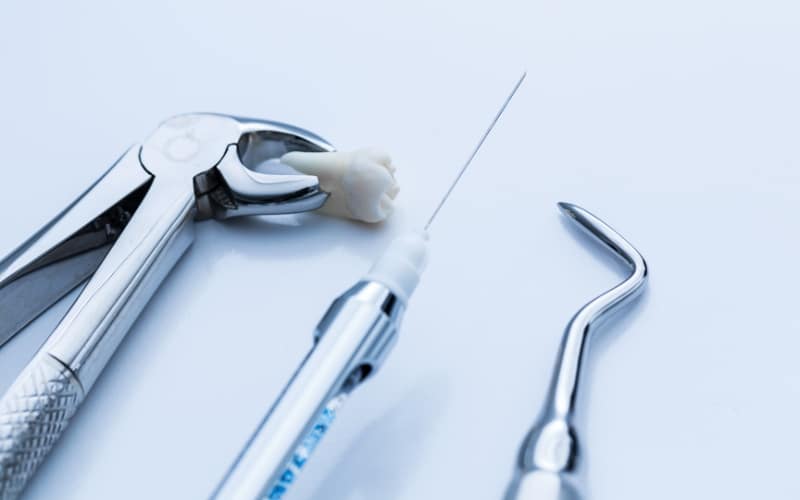Tooth extraction is a common dental procedure involving the removal of a tooth from its socket in the bone. Anesthesia is crucial in ensuring a pain-free and comfortable experience during this process. Without anesthesia, tooth extraction can be harrowing and distressing, making it essential for patient comfort. This blog explores the intense pain and potential risks associated with tooth extraction without anesthesia, highlighting why anesthesia is vital for a humane and effective dental treatment.
The Pain Factor Associated With Tooth Extraction Without Anesthesia
When tooth extraction is performed without anesthesia, the person experiences intense pain due to the tearing of tissues, immense pressure, and direct stimulation of nerves. The pain can be excruciating and unbearable, far beyond typical discomfort. This extreme pain can lead to severe complications, including panic attacks and fainting, as the body’s response to such overwhelming distress. The lack of anesthesia during a tooth extraction magnifies every sensation, making the procedure intolerable and dangerous. Understanding these risks underscores the necessity of proper pain management in dental care.
Why is Anesthesia Essential?
Anesthesia is essential in dentistry as it effectively numbs the area of operation, blocking pain signals from reaching the brain and ensuring a comfortable experience for the patient. Various types of anesthesia, including local, general, and sedation, cater to different levels of invasiveness and patient needs. Beyond pain management, anesthesia reduces bleeding, facilitates a smoother procedure, and induces patient relaxation, easing anxiety and enhancing cooperation. Its multifaceted benefits extend beyond pain relief, improving dental treatments’ overall success and comfort.
The Dangers of Skipping Anesthesia
1. Extreme Pain: Skipping anesthesia during tooth extraction subjects patients to intense and excruciating pain, potentially causing psychological trauma and distress.
2. Increased Risk of Complications: Without anesthesia, patients may experience heightened stress and anxiety, leading to involuntary movements that can complicate the procedure and increase the risk of injury to surrounding tissues.
3. Psychological Impact: Enduring severe pain during dental procedures can create lasting fear and avoidance behaviors, hindering future dental visits and jeopardizing oral health.
4. Fainting and Panic Attacks: The overwhelming pain experienced without anesthesia can trigger panic attacks and fainting episodes, posing risks to both the patient’s safety and the success of the procedure.
5. Suboptimal Treatment: Inadequate pain management compromises the dentist’s ability to perform the extraction effectively, potentially leaving behind tooth fragments or damaging surrounding structures due to patient movement or involuntary reactions.
Final Words!
In conclusion, anesthesia is indispensable for ensuring a safe and comfortable tooth extraction, mitigating the risk of extreme pain and associated complications. Consulting a dentist is crucial to receive proper pain management tailored to individual needs. Additionally, post-operative pain can be effectively managed with prescribed medication, further enhancing recovery and comfort. Don’t endure unnecessary pain—reach out to Dentist Oak Forest today for a smooth and pain-free dental experience. Your comfort and well-being are our top priorities!

